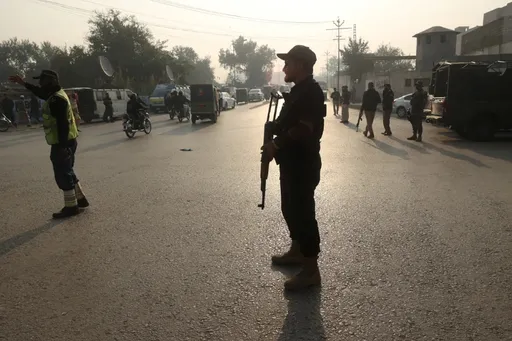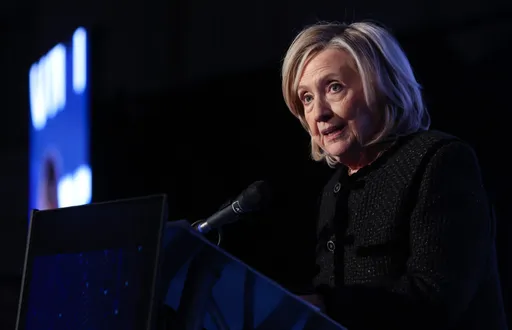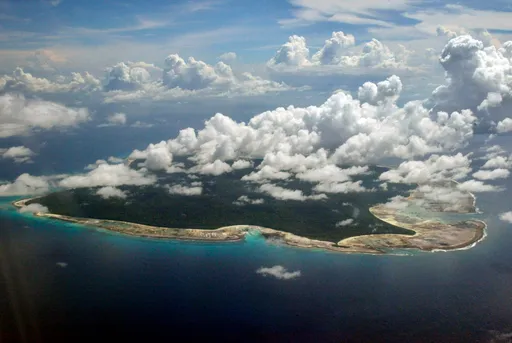India’s former prime minister Manmohan Singh, widely regarded as the architect of India’s economic reform programme and a landmark nuclear deal with the United States, has died.
He was 92.
The first Sikh in office, Singh, was being treated for age-related medical conditions and died after he was brought to hospital in New Delhi after a sudden loss of consciousness on Thursday.
Prime Minister Narendra Modi said: "India mourns the loss of one of its most distinguished leaders, Dr Manmohan Singh Ji."
He applauded the economist-turned-politician's body of work.
Born into a poor family in a part of British-ruled India now in Pakistan, Singh studied by candlelight to win a place at Cambridge University before heading to Oxford, earning a doctorate with a thesis on the role of exports and free trade in India's economy.
He became a respected economist, then India's central bank governor and a government advisor but had no apparent plans for a political career when he was suddenly tapped to become finance minister in 1991.
During that tenure to 1996, Singh was the architect of reforms that saved India's economy from a severe balance of payments crisis, and promoted deregulation and other measures that opened an insular country to the world.
Major economic power
Famously quoting Victor Hugo in his maiden budget speech, he said: "No power on earth can stop an idea whose time has come," before adding: "The emergence of India as a major economic power in the world happens to be one such idea."
He was asked to take on the job by Sonia Gandhi, who led the centre-left Congress party to a surprise victory. Italian by birth, she feared her ancestry would be used by Hindu-nationalist opponents to attack the government if she were to lead the country.
Riding an unprecedented period of economic growth, Singh's government shared the spoils of the country's new found wealth, introducing welfare schemes such as a jobs programme for the rural poor.
In 2008, his government also clinched a landmark deal that permitted peaceful trade in nuclear energy with the United States for the first time in three decades, paving the way for strong relations between New Delhi and Washington.
But his efforts to further open up the Indian economy were frequently frustrated by political wrangling within his own party and demands made by coalition partners.
'History will be kinder to me'
And while he was widely respected by other world leaders, at home Singh always had to fend off the perception that Sonia Gandhi was the real power in the government.
The widow of former prime minister Rajiv Gandhi, whose family has dominated Indian politics since independence from Britain in 1947, she remained Congress party leader and often made key decisions.
Known for his simple lifestyle and with a reputation for honesty, Singh was not personally seen as corrupt. But he came under attack for failing to crack down on members of his government as a series of scandals erupted in his second term, triggering mass protests.
The latter years of his premiership saw India's growth story, which he had helped engineer, wobble as global economic turbulence and slow government decision-making battered investment sentiment.
In 2012, his government was tipped into a minority after the Congress party's biggest ally quit their coalition in protest at the entry of foreign supermarkets.
Two years later Congress was decisively swept aside by the Bharatiya Janata Party under Narendra Modi, a strongman who promised to end the economic standstill, clean up graft and bring inclusive growth to the hinterlands.
But at a press conference just months before he left office, Singh insisted he had done the best he could.
"I honestly believe that history will be kinder to me than the contemporary media or, for that matter, the opposition parties in parliament," he said.
Singh is survived by his wife and three daughters.























